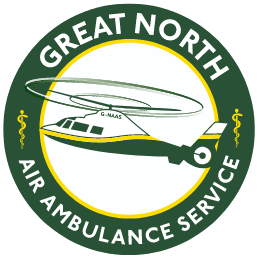GNAAS has a long history of training both doctors and paramedics in pre-hospital medicine.
But how and why do we train them the way we do?
Our rigorous and gruelling training courses are designed to put each and every clinician to the test and make sure they are performing at the top of their game.
GNAAS welcomes clinicians from all over the world to our training courses and our aim is to arm participants with the skills they need to thrive in this complex and challenging area of patient care.
We strongly believe that part of our role as a high-performing service should be the dissemination of knowledge and skills to others so that as many patients as possible can benefit.
Jamie Walsh has been a paramedic with the charity since 2015 and now he’s head of training for the organisation.
Holly Taylor caught up with him recently…
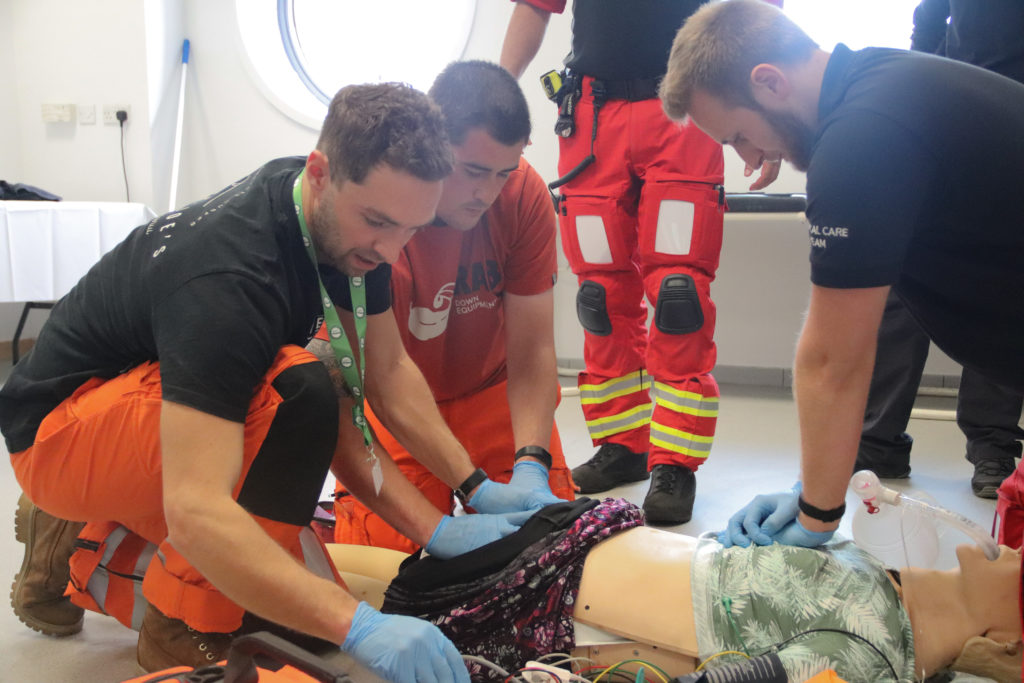

Jamie, how did you get into the training side of things at GNAAS?
I guess my first interest in training was for self-development reasons, really.
By having that spark for the training side of things, I am making sure my skills are up to date and I am always kept on my toes and leading by example.
I am making sure I am always clinically competent and up to date with relevant research.
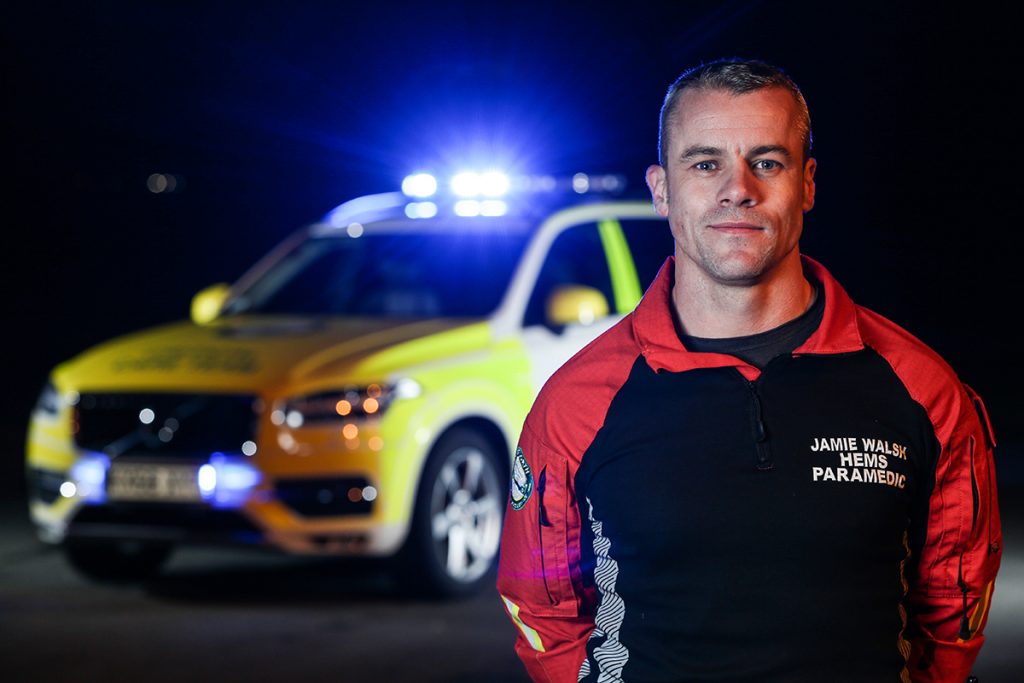

What courses do we offer here?
At GNAAS we offer:
An Enhanced Pre Hospital Resuscitation Course which aims to build on and enhance the practice of pre-hospital resuscitation for adult patients.
A two-day Pre-Hospital Emergency Anaesthesia course which is for professionals working in healthcare, including doctors, paramedics and nurses. On this course they will learn how to safely anaesthetise a patient in the pre-hospital environment through a combination of classroom and realistic scenario-based training.
A Pre-Hospital Emergency Medicine Crew Course which runs for 2 weeks. This course aims to provide an accessible and up-to-date package of training that gives both doctors and paramedics the skills needed to operate safely and with competence in the prehospital environment.
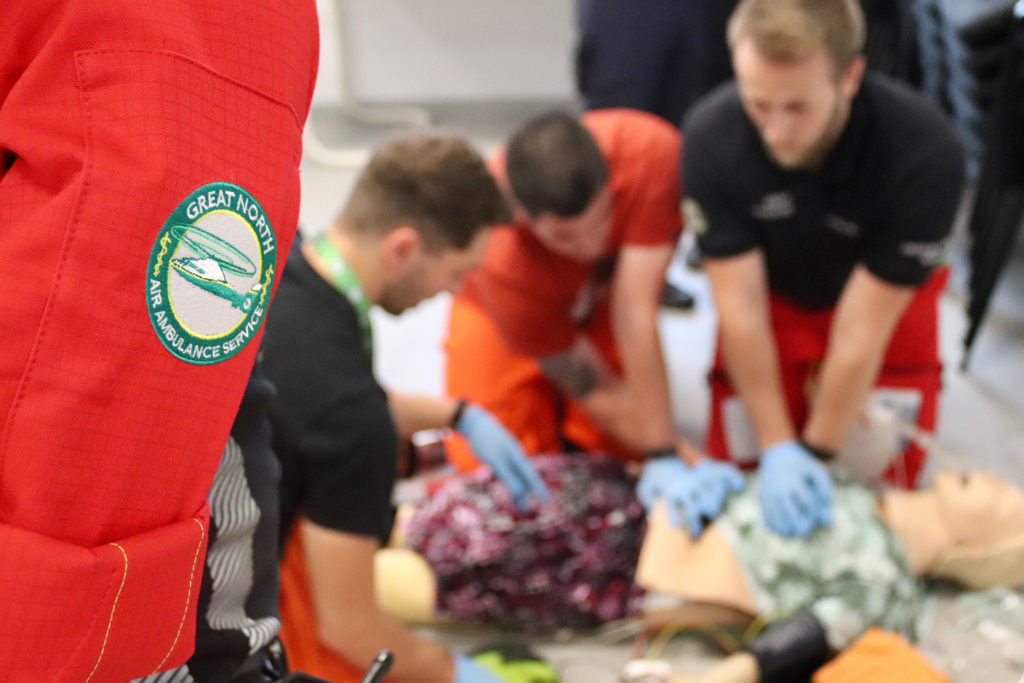

How do you decide on the syllabus for the courses we offer?
The syllabus is developed based around GNAAS’ Standard Operating Procedures and also through a Clinical Standards Panel which evaluates each and every incident we attend. This panel is made up of internal and external clinicians.
We review this year on year.
Is it the course designed to push clinicians to their limits?
We try to make the courses as high fidelity as possible with a practical hands-on approach rather than theory.
It’s about putting the clinicians in real-life scenarios that we know they potentially face.
The simulations we put in place are cases we have dealt with and what we’ve learned from them. We are trying to share our knowledge with as many people as possible.
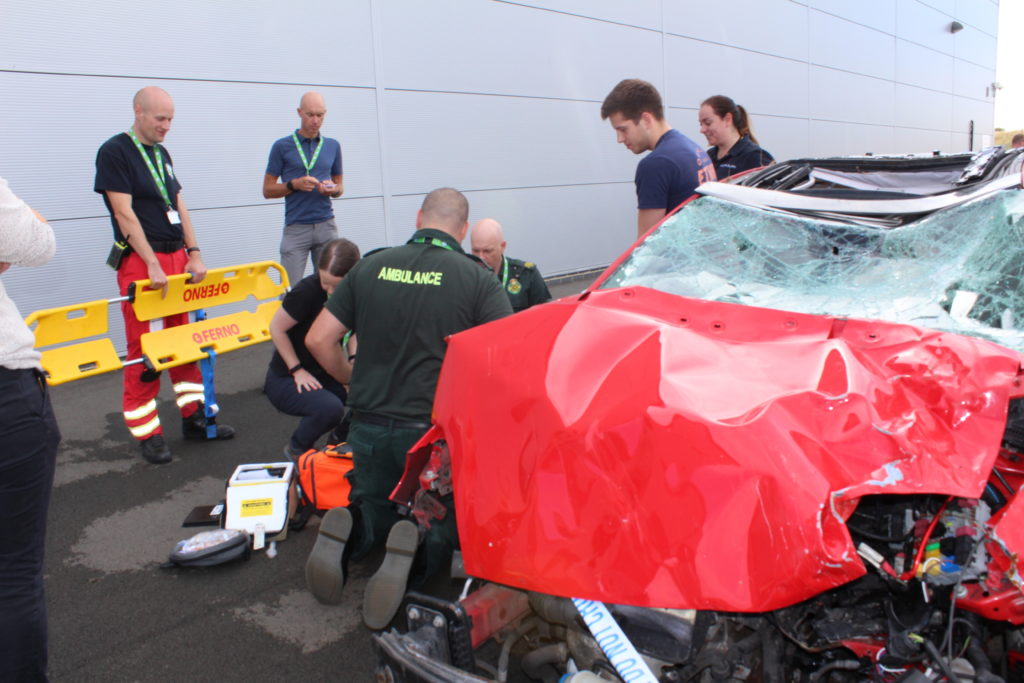

Who leads the courses?
All of the courses at GNAAS are led by various experienced staff both paramedics and doctors alike.
Is there a pass or fail?
There is no pass or fail, it’s more about development.
You can enrol on all of our 2023 courses here.

